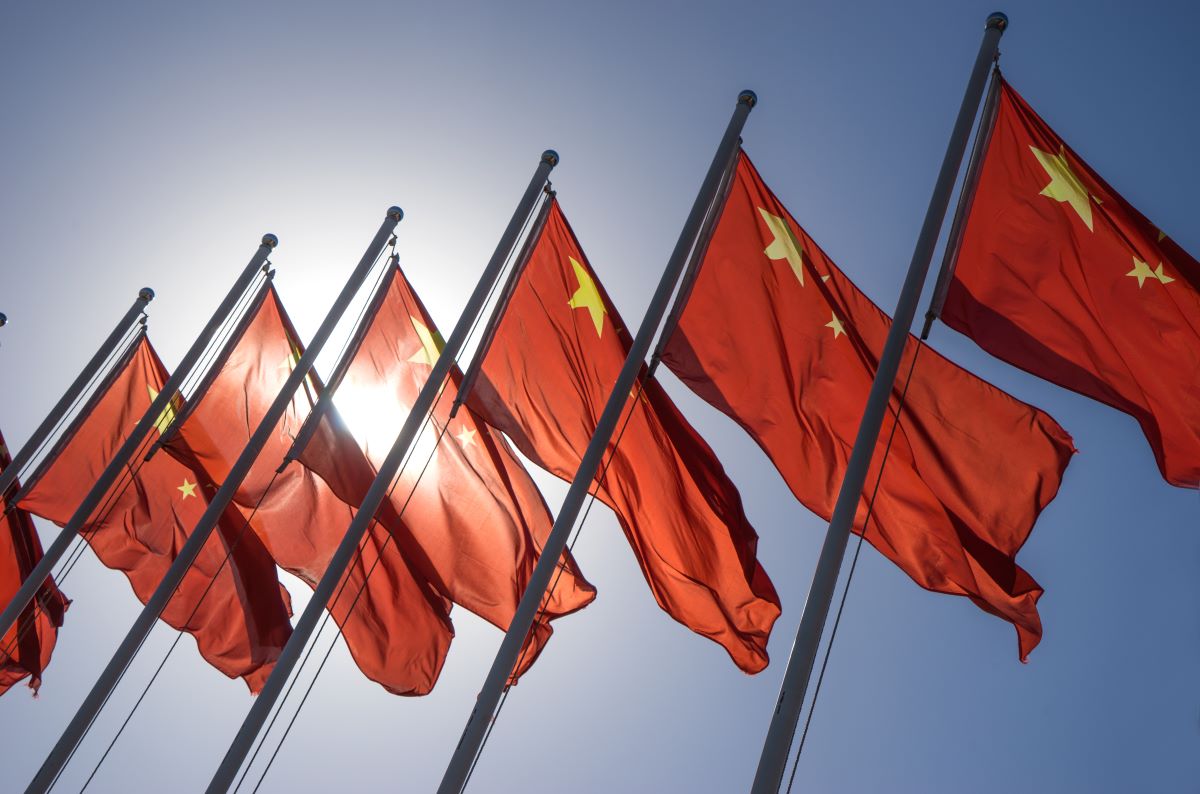China apparently doesn’t want to leave any stone unturned when it comes to meeting its 5% GDP growth target for 2023. After intense discussions, the government announced a bond issuance programme that would raise the fiscal deficit ratio for 2023 to about 3.8% of its GDP. This ratio is way above the 3% deficit threshold set in March 2023.
The policymakers approved a plan to issue additional sovereign debt of 1 tn yuan ($137 bn) in the fourth quarter to support the nation’s economic recovery. Notably, the Chinese government has already issued over 7.5 tn yuan in bonds in the first three quarters of 2023.
According to the Xinhua news agency, the funds raised from the new bond issuance would be allotted to the reconstruction of disaster-hit areas in China and boost infrastructure to resist more natural disasters. Half of these funds would be used by the end of 2023, while the other half is for 2024, disclosed the official news. Northeast China alongside the Beijing-Tianjin-Hebei region witnessed severe rainstorms and floods in early August this year.
“After the treasury bond funds are put into use, it will help drive domestic demand and further consolidate the recovery of the economy,” stated China’s Vice Finance Minister, Zhu Zhongming. He further assured that the government’s debt level is in a sustainable range and that there would be no bond fund misuse. “Fiscal multiplier effects from spending on water conservancy projects is likely to be rather limited,” added Zhu.
Meanwhile, the State Council also permitted local governments to front-load a portion of their 2024 bond quota to expand domestic demand and maintain steady investment. It stated that the measure would last through the end of 2027. In accordance with this, the State Council would determine the amount of debt that a local government could raise ahead of time.
China has a new Finance Minister
In a widely expected yet significant move, the Standing Committee named Lan Fo’an as China’s new Finance Minister. He will succeed Liu Kun who has officially retired from the post. Experts believe that Lan Fo’an would be entrusted with the task of implementing a plan to tackle the mounting local government debt.
Markets cheer, but experts call for deeper reforms
Last week, China posted better-than-expected GDP growth for the third quarter on the back of strong manufacturing and industrial activities. However, analysts believe that amid weak demand and intensifying property woes, China’s bond issuance would help the nation to sustain the economic momentum in the fourth quarter too.
While the Asian stock markets cheered China’s additional bond issuance announcement early today, several experts believe that the amount of 1 tn yuan is not sizeable enough to create any significant impact in the near future. “We believe the economic impact of this 1 tn RMB in additional [central government bonds] should not be overstated, especially in the near term,” said Nomura’s chief China economist Ting Lu.
However, it could indeed be a positive step towards economic revival. The bond issuance is likely to deter the local governments from any further borrowings to support economic recovery, especially in disaster-prone regions.
At the same time, several experts believe that it would have been better if China’s stimulus was directed toward the property sector revival or to boost a consumer-led economy. The IMF believes that China’s real estate crisis could become a major risk for the global economy and called for strong policy support to prevent such an event. It says, “China’s economy needs to pivot away from a credit-driven real estate model of growth.”


 Australia
Australia China
China India
India Indonesia
Indonesia Japan
Japan Malaysia
Malaysia Philippines
Philippines Singapore
Singapore South Korea
South Korea Taiwan
Taiwan Thailand
Thailand Vietnam
Vietnam







